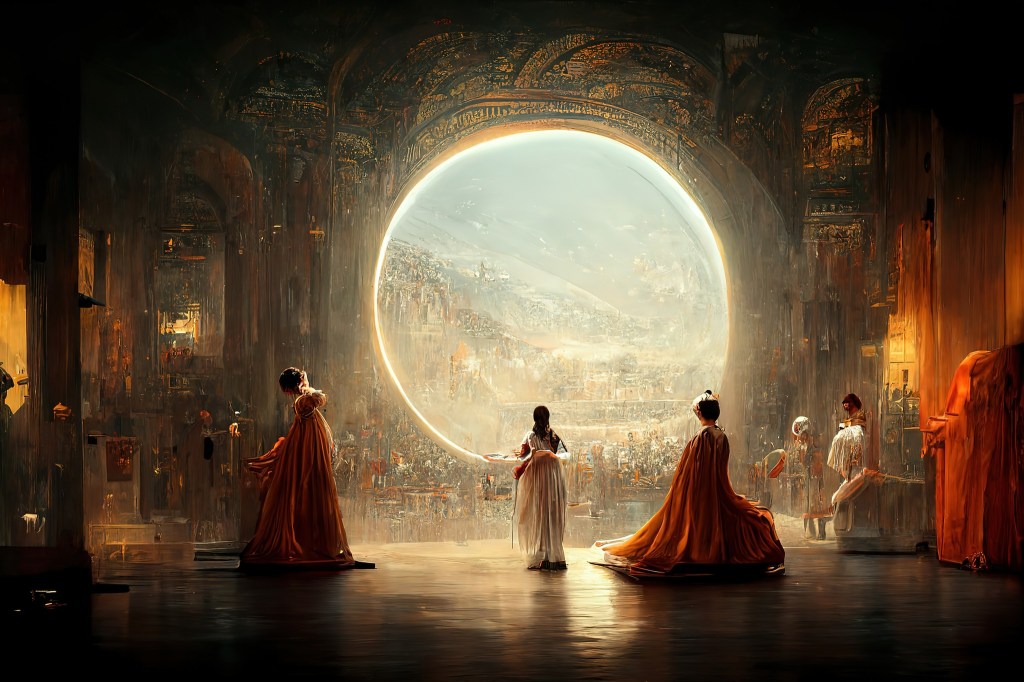On Thursday, artist Jason M. Allen requested that a Colorado federal court reverse a U.S. copyright office decision to reject copyright protection for an award-winning image he made using AI.
In the lawsuit, Allen claims that he should receive copyright for his piece Théâtre d’Opéra Spatial as an expression of his creativity. He applied for a copyright registration for the work, depicting a futuristic royal court, which won the state’s art fair competition in 2022.
Allen has said in a statement that the copyright office’s decision “put me in a terrible position, with no recourse against others who are blatantly and repeatedly stealing my work.”
He created the artwork using the generative AI system Midjourney, wherein he tested hundreds of prompt iterations and subsequently made changes with Adobe Photoshop. When he refused to disclaim the parts of the image generated by Midjourney, however, the office rejected Allen’s application.
The decision was affirmed by a copyright office tribunal last year, as the image was found to contain too much AI-generated material to be copyrightable.
“Mr. Allen had a specific artistic idea, conceived of in his mind, and he used Midjourney as a tool to create an artistic expression of that idea,” the lawsuit said. “Such creative input is on par with that expressed by other types of artists and is capable of copyright protection.”
This is hardly the first time an artist working with AI has been denied copyright protection. The same office, for example, also rejected an application for an image that computer scientist Stephen Thaler created autonomously with his AI system.

